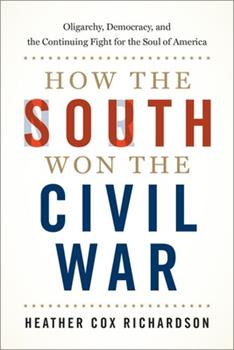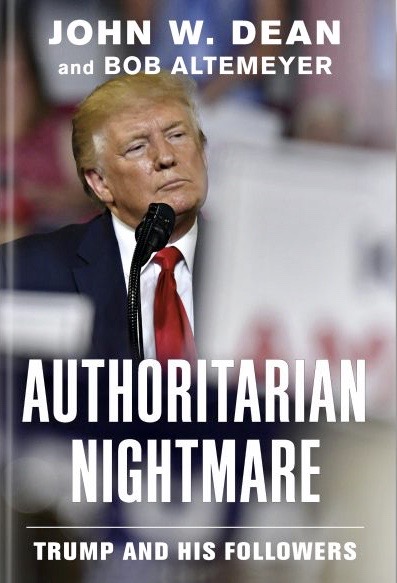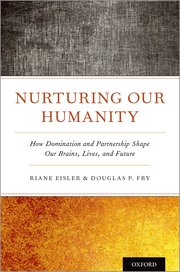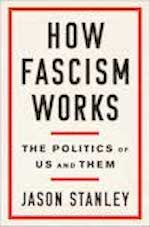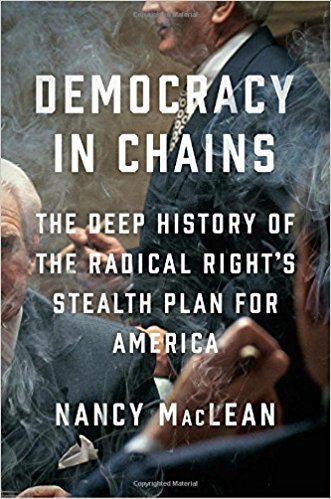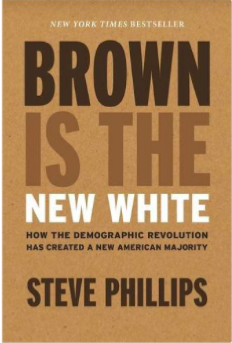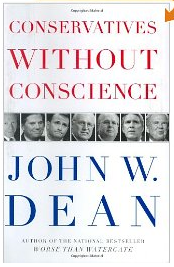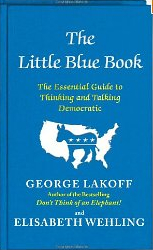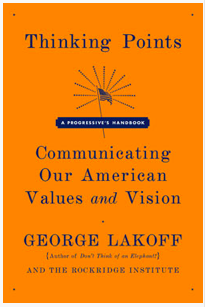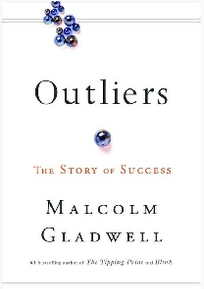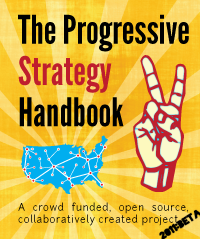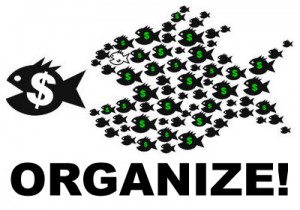Terrorists Plant Bombs in New York City: What Can We Learn? – Four men arrested for planting bombs at a New York synagogue and Jewish community center also wanted to use surface-to-air missiles to fire at U.S. military planes, said a criminal complaint filed this week in White Plains, New York. The charges are based on information from an FBI informant, with whom the men met as they plotted to carry out their attacks, authorities said. The bombs had been made by FBI technicians. They were totally inert; no one was ever at risk or in danger of being injured. Three of them are U.S. citizens and one is a Haitian, the FBI said. One of the suspects allegedly said his parents live in Afghanistan, that he was angry over the U.S. war there, and that he was interested “doing something to America.”
Let’s review. In this actual case of an attempted terrorist act:
- Three of the suspects were American citizens (They didn’t sneak in to our country).
- At least one was motivated to commit a terrorist act because of U.S. actions.
- They were apprehended using law enforcement techniques (not military).
- No torture or abuse was needed to obtain information.
- The Obama administration’s FBI kept us safe.
Alberto Gonzales Approved ‘Borderline Torture’ Months Before ‘Torture Memos’ Were Issued: Report – Months before the first “torture memo†was issued by Bush administration lawyers in 2002, Alberto Gonzales – then White House counsel – personally approved “borderline torture†techniques used on Abu Zubaydah, according to a new report.
An anonymous source told NPR that in April and May of 2002 CIA contractor James Mitchell sought approval on a daily basis for so-called “enhanced interrogation techniques†via top-secret cables to the CIA’s counterterrorism center. The CIA forwarded those cables to the White House, and Gonzales would approve the technique.
Oil and Gasoline Supply Up, Demand Down, But Prices Up: What Gives? – Oil and gasoline prices are rising fast as Memorial Day weekend approaches, but not because supplies are tight or demand is high. U.S. crude oil inventories are at their highest levels in almost two decades, and demand has fallen to a 10-year low, but crude oil prices have climbed more than 70 percent since mid-January to a six-month high of $62.04 on Wednesday.
Meanwhile, although refiners are operating at less than 85 percent of capacity, leaving them plenty of room to churn out more gasoline if demand rises during the summer driving season, the price of gasoline at the pump has climbed 28 cents a gallon from a month earlier to $2.33.
This time, Wall Street speculators – some of them recipients of billions of dollars in taxpayers’ bailout money – may be to blame. Big Wall Street banks such as Goldman Sachs & Co., Morgan Stanley and others are able to sidestep the regulations that limit investments in commodities such as oil, and they’re investing on behalf of pension funds, endowments, hedge funds and other big institutional investors, in part as a hedge against rising inflation.
John Boehner Admits the CIA Lied to Pete Hoekstra – On The Situation Room John Boehner again calls for Nancy Pelosi to apologize for her statement that the CIA lied to her. When Boehner is asked about Pete Hoekstra’s similar claims that the CIA lied to him, he says it’s true, but somehow it’s different. What’s different? Oh, yes, Hoekstra’s a Republican. That makes it ok.
Banks Using Life Insurance Policies on Low-Level Employees to Fund Executive Bonuses – Banks are using a little-known tactic to help pay bonuses, deferred pay and pensions they owe executives: They’re holding life-insurance policies on hundreds of thousands of their workers, with themselves as the beneficiaries. Banks took out much of this life insurance during the mortgage bubble, when executives’ pay — and the IOUs for their deferred compensation — surged, and banking regulators affirmed the use of life insurance as a way to finance executive pay and benefits.
The Rich Give to Charity at Only Half the Rate as the Poor – The U.S. Bureau of Labor Statistics’ latest survey of consumer expenditure found that the poorest fifth of America’s households contributed an average of 4.3 percent of their incomes to charitable organizations in 2007. The richest fifth gave at less than half that rate, 2.1 percent.
tePolice Asset Forfeiture Programs Breed Corruptionxt – Under civil asset forfeiture, police can seize money or property upon “probable cause” that it was connected to a crime. The onus then falls on the owner to prove innocence. Police departments use the proceeds to help fund their budgets.
“Probable cause” can include the mere fact of carrying a large amount of cash, or a police dog’s sniff of drug residue on your property. One may have a legitimate reason for carrying the cash, and the residue may have been left over from the previous owner. It doesn’t matter. The police can seize your property to enrich their departments, and it’s often too risky and expensive for you to fight for its return.
Civil asset forfeiture breeds corruption. Last month, a South Tucson, AZ, cop who ran his department’s asset forfeiture program was convicted of stealing over $560,000 from it.
This month, the cop who handles asset forfeiture funds in Spring Lake, NC, was arrested for stealing $2,900. Another cop was arrested for having seized the money in a hotel room under false pretenses.
Regards,
Jim




